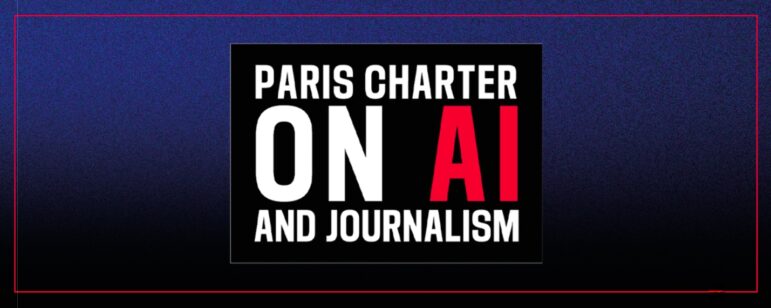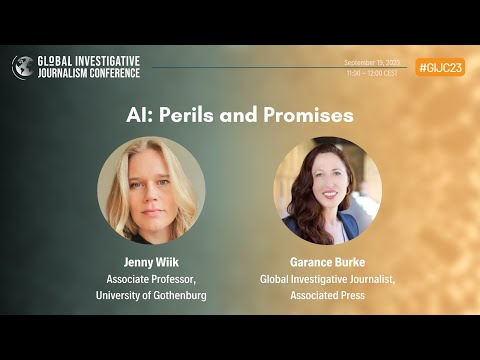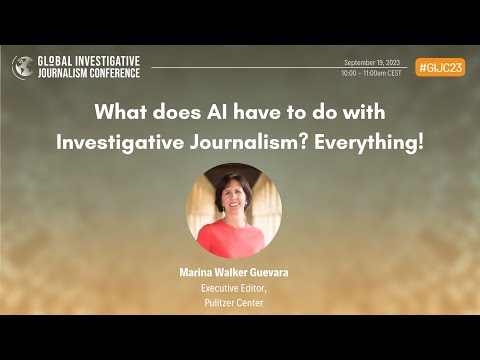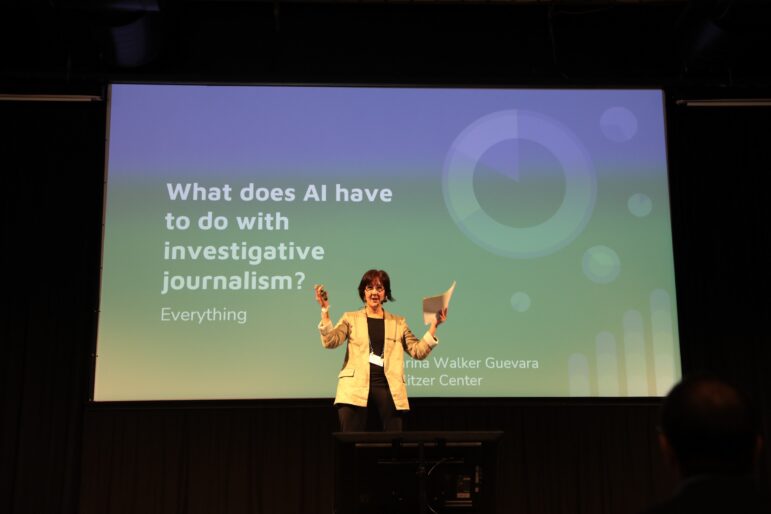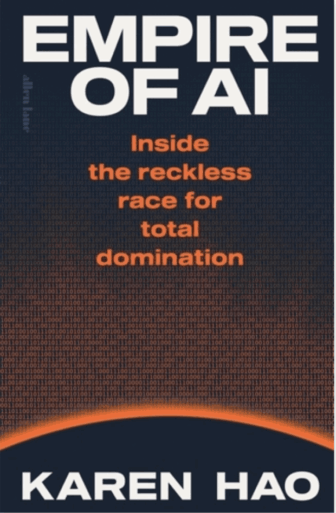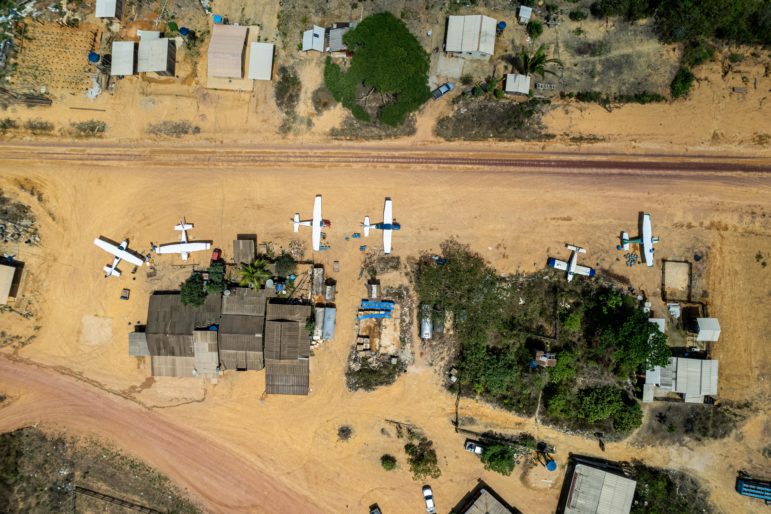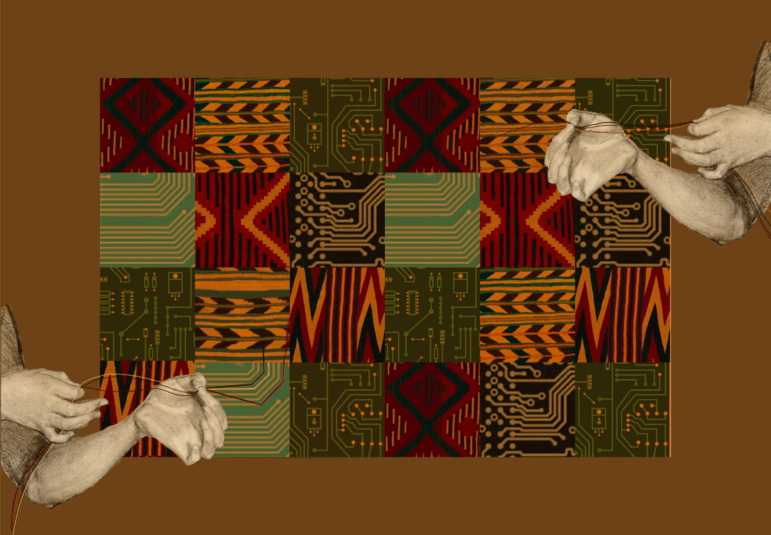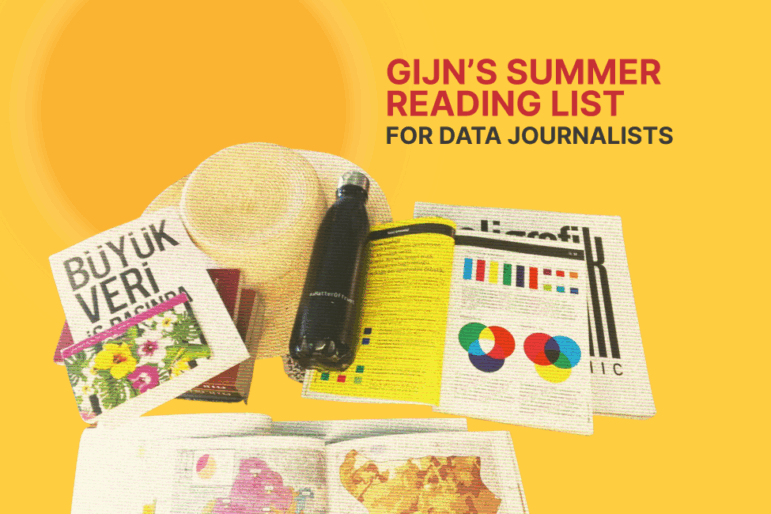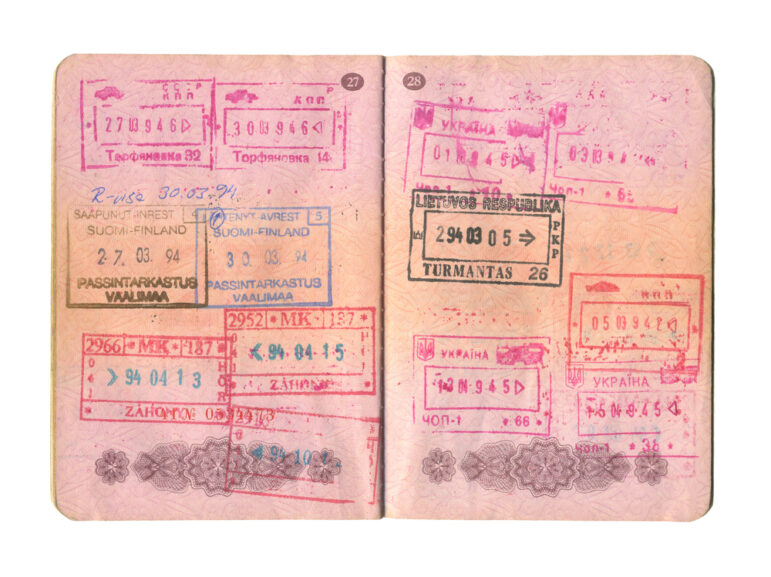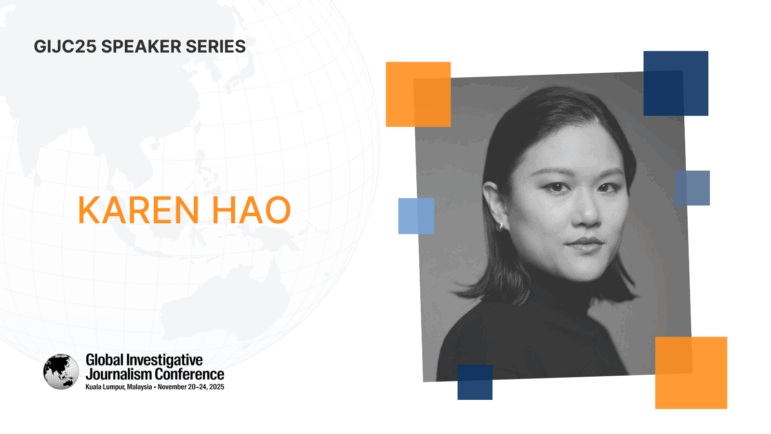

‘Every Reporter has an AI Story to Tell’: Tips from an Award-Winning Journalist on the Risks of AI
Read this article in
Editor’s Note: Ahead of the Global Investigative Journalism Conference in Malaysia, GIJN is publishing a series of short interviews with a globally-representative sample of conference speakers. These are among the more than 300 leading journalists and editors who will be sharing practical investigative tools and insights at the event.
Karen Hao is one of the world’s leading watchdog journalists covering the impacts and potential harms of artificial intelligence. The best-selling author of “Empire of AI: Inside the Reckless Race For Total Domination,” the Hong Kong- and US-based journalist was the first to profile OpenAI, and now leads the Pulitzer Center’s AI Spotlight Series, where journalists are trained in AI reporting.
Formerly a Wall Street Journal reporter and a senior editor on AI at MIT Technology Review, her investigations into tech developments and abuses now appear in leading publications such as The Atlantic.
Hao will share some of her cutting-edge insights and techniques on expert panels at the Global Investigative Journalism Conference (GIJC25) in Malaysia later this year.
GIJN: Of all the investigations you or your team have worked on, which has been your favorite, and why?
Karen Hao: For my book “Empire of AI,” which tells the inside story of OpenAI and its expansive social, environmental, and labor impacts globally, I reported on various groups of Indigenous and environmental activists across Chile who have been fighting to protect their land, minerals, and water against Silicon Valley’s explosive hunger for ever more resources to build data centers for artificial intelligence. The investigation is one of my favorites not only because of the activists’ incredible courage and spirit, which has continued to inspire me in my work, but because of my wonderful reporting partner Muriel Alarcón, a Chilean journalism professor at Catholic University [UC Chile]. We just had so much fun traveling up and down the country, chasing down sources, and taking in the breathtaking landscapes along the way.
GIJN: What are the biggest challenges for investigative reporting in your country/region?
KH: In the US now, as with so many other regions, the media industry is facing extraordinary financial pressure, leaving newsrooms less and less willing to invest in in-depth investigations. At the same time, those who need to be held accountable are growing ever more rich and powerful. In my case, when it comes to investigating the tech industry, I have seen so many colleagues leave journalism to work for the tech companies’ communications teams instead. It means that we as investigative journalists need to get increasingly creative with how to do more with less.
GIJN: What reporting tools, databases, or techniques have you found surprisingly useful in your investigations?
KH: I use a lot of LinkedIn, a lot of Signal, and a lot of spreadsheets. I create a tracker for every investigation in a Google sheet that lists all of the sources, a status — have I reached out? have they responded? have I finished the interview? — the notes I have from the interview, and sometimes other details like my agreement with them, i.e. are they speaking with me off the record or on background.)
GIJN: What’s the best advice you’ve received from a peer or journalism conference — and what words of advice would you give an aspiring investigative journalist?
KH: Never assume that someone is not going to speak to you. If you don’t reach out, that will certainly be true. But if you do reach out, there’s always a possibility that they will get back to you.
GIJN: What topic blindspots or undercovered areas do you see in your region? And which of these are ripe for new investigation?
KH: Every single journalist has an AI story to tell in their region or on their beat. The AI industry is globe- and discipline-spanning, and affecting billions of people, often in harmful ways that desperately need to be brought to light. If you’re curious about how to get started, I designed a program with the Pulitzer Center called the AI Spotlight Series that offers introductory classes to reporting on AI for journalists and editors. I will be running a session at GIJC25, and we will also be open-sourcing all of our curriculum for free later this year.
GIJN: Can you share a notable mistake you’ve made in an investigation, or a regret, and share what lessons you took away?
KH: Early on in my career, I didn’t understand how to properly execute a “no surprises” email. Depending on the media environment you operate in, these emails may or may not make sense. But in the context where they do, it’s always better to send one and be as thorough as possible. It strengthens your reporting and can help with tricky source management.
Rowan Philp is GIJN’s global reporter and impact editor. A former chief reporter for South Africa’s Sunday Times, he has reported on news, politics, corruption, and conflict from more than two dozen countries around the world, and has also served as an assignments editor for newsrooms in the UK, US, and Africa.

